The NZ Food Crisis
We Cantabrians are a tough lot. We’ve been through a lot together. We have become stoic about the hardships and challenges that seem to be around every corner. Earthquakes? We’ve got this (it was about a 3.7). Pandemic? We’ll look after our bubble. Now we’re seeing empty shelves at the supermarket and rising prices at the checkout. It’s just something else we’ll learn to deal with.
Or is it?
Kairos regularly visits local supermarkets to pick up donated bulk items and other foods. One morning, Stu went into a local Pak and Save to pick up a bulk order for a local Trust. While he was there, he saw two security guards walk up to a shopper and say, “Come over here. Take it out, walk out of the shop, and nothing further will happen.” To Stu’s amazement, the shopper walked up to the table indicated, pulled half a chicken, some bread rolls and several other items out of his puffer jacket, put them on the table, and walked out of the store.
Impressed that the guards let the would-be shoplifter out of the store without any criminal prosecution, Stu remarked to them, “That was an interesting thing to watch.”
“That was the 15th one this morning,” said one of the guards.
It was 8:00am.
“We have mums in here every day, with things stuffed down their babies’ clothes,” said the guards. “These aren’t criminals. They have no police record. They’re just mums trying to feed their kids.”
Families are taking a hit. So are the supermarkets themselves. Their own costs are increasing as their available stock is dwindling. Despite the prices increases of which we’re all aware, many supermarkets are trying to absorb at least some of the impact of escalating wholesale costs.
What does this mean for Kairos and other food trusts and food banks across the city? We’re reliant on the generousity of local supermarkets and wholesalers to source supplies that can be distributed to those who need it. While we’re seeing a vast increase in the need, the resources required to meet that need are greatly reduced.
Produce wholesaler Turners and Growers are reporting record lows of stock. Warehouses that were once full of bananas are now down to bare concrete floors.
Stu describes the food chain issues. “On the bulk side of things, Brand A peanut butter used to be a top seller, but now there is no more Brand A. So now Brand B starts selling because Brand A isn’t available. And Brand C, which used to get donated because no one bought it, is now becoming more popular in the shortage.”
One day recently, Richard, our warehouse manager, said,
“I don’t know what I’m going to give the groups. All we have is Hand sanitiser and face masks.”
Fortunately, on that day, a truck arrived with donated food before the groups came. But that’s how tight it is getting for our local food banks.
Another issue is education. Systems already in place with a supplier for rescue of food that would normally be wasted can unravel with a change of staff. Some don’t understand their protection under New Zealand law’s Good Samaritan Food Act, which states that companies can donate or give away unsold food and are protected from any liability provided the food is safe and suitable to eat. One large local retailer combats food waste with contracts that ultimately see their excess given to pig farmers as feed.
“I’ve seen the food in those bins,” said Stu. “It’s good food. I would eat it. Why is it being given to pigs when the people in Christchurch need it so much?”
For Kairos and other food rescue and food banks across the region, the crisis means we need to continually educate the suppliers we work with while looking for new sources. A lot of food is still wasted, and we are always looking for ways to tap into those resources. There is a lot of work in the background being done.


